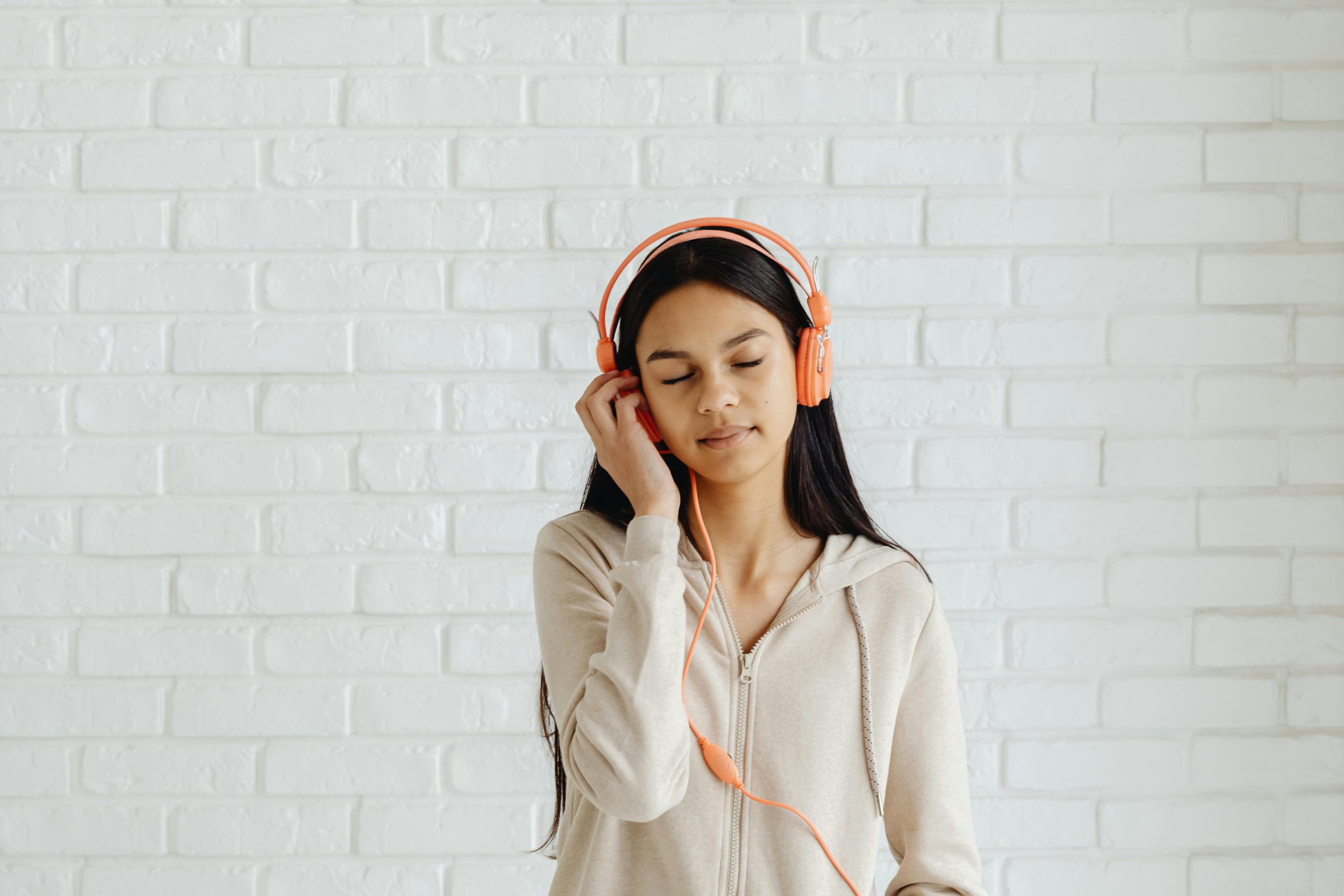In the modern world, finding a healthy balance between personal, professional, and emotional aspects of our lives is becoming increasingly challenging. As we cope with life’s demands and seek a more harmonious existence, it’s important to invest in practices that can improve our emotional health and well-being. One often overlooked, yet powerful resource is the therapeutic potential of instrumental music. Known for its profound impact on our emotions and psyche, instrumental music featuring violin, cello, piano, harp, guitar, and flute has the ability to transport us to a deeper level of self-awareness and emotional connection.
The intricate melodies and harmonies created by various instruments can evoke emotions and facilitate reflection, making it an ideal catalyst for emotional healing and growth. Studies have shown that listening to instrumental music not only reduces stress levels but also helps in processing and expressing complex emotions, leading to improved mental health and a stronger sense of self. In addition, the aesthetic experience garnered from instrumental music can foster connection and mindfulness, ultimately improving relationships with ourselves and others.
This article aims to explore the myriad ways in which instrumental music can enhance emotional well-being. We will delve into the therapeutic properties of violin, cello, piano, harp, guitar, and flute music, and discuss practical ways to incorporate these heavenly instrumentals into your life. By embracing the transformative power of instrumental music, you can begin your journey towards emotional healing, personal growth, and a more fulfilling life.
The Therapeutic Role of Instrumental Music in Improving Emotional Well-Being
In the modern world, finding a healthy balance between personal, professional, and emotional aspects of our lives is becoming increasingly challenging. As we cope with life’s demands and seek a more harmonious existence, it’s important to invest in practices that can improve our emotional health and well-being. One often overlooked, yet powerful resource is the therapeutic potential of instrumental music. This article aims to explore the myriad ways in which instrumental music can enhance emotional well-being, delving into the therapeutic properties of violin, cello, piano, harp, guitar, and flute music, and discussing practical ways to incorporate these heavenly instrumentals into your life.
Understanding the Power of Music Therapy
Numerous studies have examined how music therapy can have profound effects on emotional and mental health. In music therapy, a trained therapist uses music-related interventions, such as active listening, playing instruments, or composing music, to address emotional and cognitive concerns. Music therapy can be advantageous for individuals of all ages and backgrounds, providing support for a range of emotional, social, and cognitive issues.
Exploring the Therapeutic Properties of Various Instruments
1. Violin Music
The emotive melodies and tonality of the violin can induce a range of emotional responses, from intense feelings of joy and excitement to deep expressions of sadness and sorrow. As a tool for emotional exploration, the violin’s unparalleled expressiveness can encourage emotional release, introspection, and personal discovery, aiding in the healing process.
2. Cello Music
Much like the violin, the cello has the ability to evoke powerful emotions due to its deep resonance and rich timbre. Its wide tonal range allows for expressions of both warmth and melancholy, making it an ideal medium for exploring complex emotions. Listening to cello music can facilitate self-reflection and emotional awareness, ultimately leading to improved emotional intelligence and well-being.
3. Piano Music
The versatility and complexity of the piano provide a unique landscape for emotional exploration. Ranging from soothing and meditative to energetic and inspiring, piano music offers an unparalleled emotional depth that can engage the listener on multiple levels. By connecting with the vast array of emotions expressed by the piano, individuals can develop a heightened sense of emotional awareness and empathy.
4. Harp Music
The ethereal and celestial sound of the harp possesses an innate ability to soothe and console the listener. Its delicate and calming tones can help to ease anxiety and induce a state of relaxation, making it an ideal instrument for cultivating mindfulness and emotional well-being. Furthermore, the harp’s graceful melodies can offer a sense of solace during times of despair, providing emotional support and healing.
Practical Ways to Incorporate Instrumental Music into Daily Life
1. Develop a Music-Listening Ritual
Set aside dedicated time in your daily routine for listening to instrumental music. By creating a consistent practice, you can foster an intentional and focused emotional experience. Experiment with different genres and instruments to discover the specific musical styles that resonate with you and evoke the emotions you seek to explore.
2. Enhance Mood with Background Music
Incorporate instrumental music into your daily activities by using it as background music. This can help to create an atmosphere that nurtures emotional well-being, while simultaneously enhancing your mood, focus, and productivity.
3. Participate in Musical Activities
Engaging in musical activities such as singing, playing an instrument or attending live concerts can support emotional expression and provide a powerful outlet for stress relief. By immersing yourself in the process of creating or appreciating music, you can cultivate a deeper emotional connection and understanding.
4. Seek Professional Music Therapy
If you’re experiencing significant emotional challenges, it may be beneficial to consult a licensed music therapist. These professionals are trained to assess emotional needs and implement various therapeutic interventions, tailored to the individual’s unique circumstances.
Conclusion
Instrumental music holds immense potential to enhance emotional well-being, offering a means for self-discovery, healing, and personal growth. By embracing the transformative capacity of violin, cello, piano, harp, guitar, and inspirational flute music from Prayer Pray, you can embark on a journey towards a more fulfilling and emotionally balanced life. By incorporating heavenly instrumentals into your daily routine and committing to emotional exploration, you can open up new avenues of self-awareness and empathy, fostering a harmonious existence and lasting inner peace.
Experience the healing power of instrumental music with our relaxing heavenly instrumentals, and begin your journey towards improved emotional well-being and inner peace.




